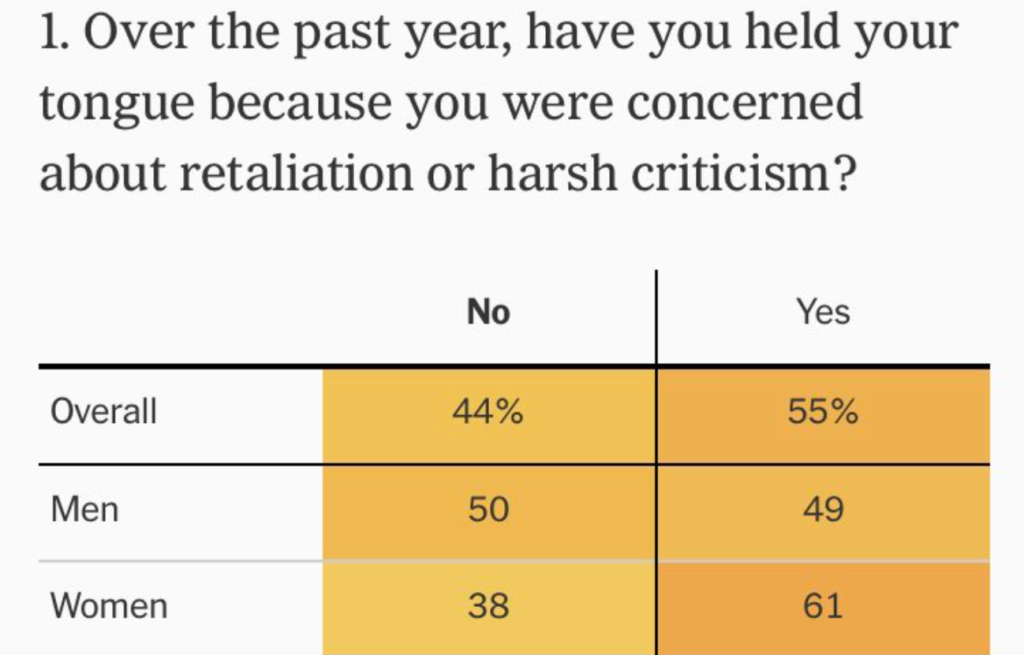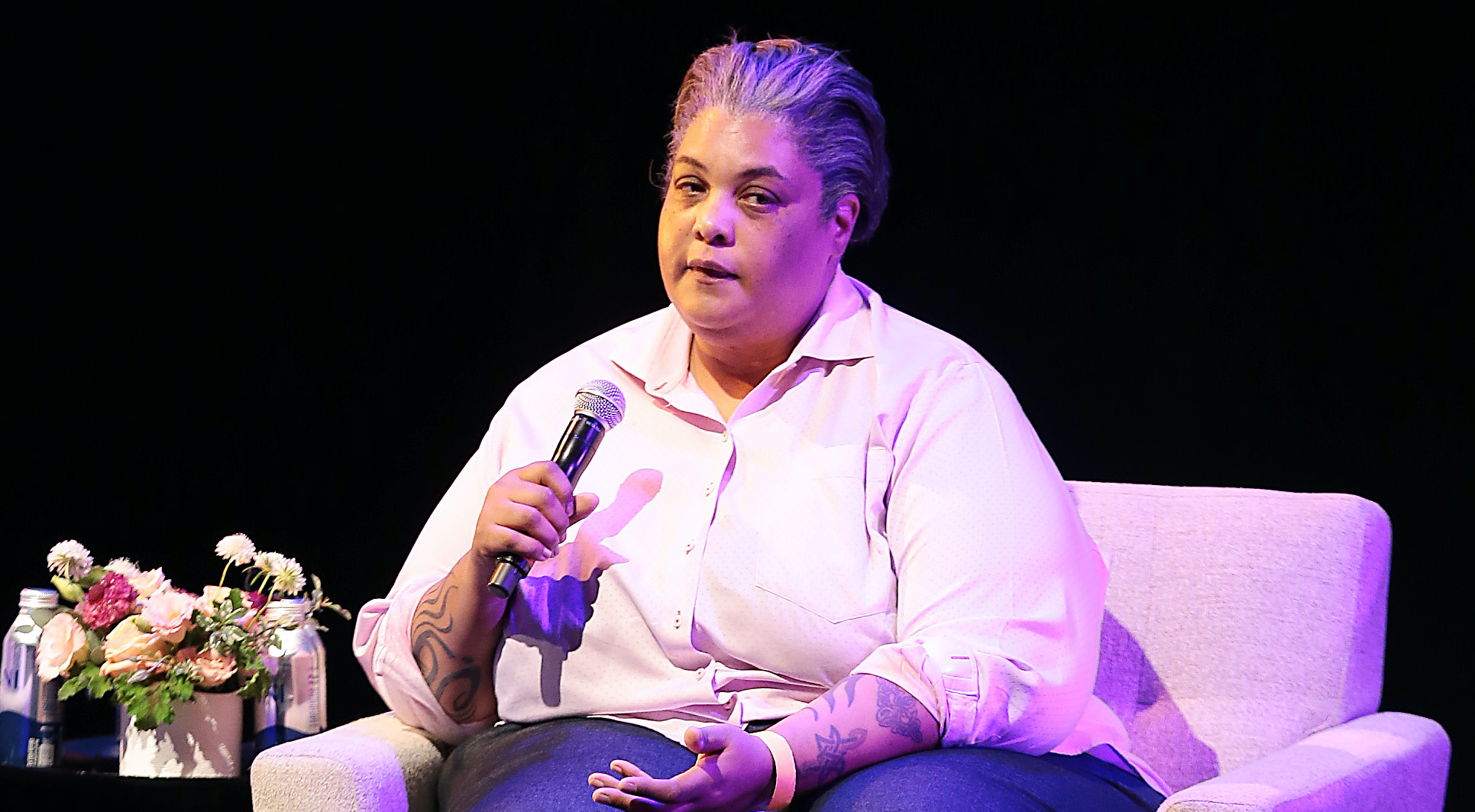Can one cancel all talk of cancel culture? According to some liberal-leaning commentators, absolutely. As author and New York Times contributor Roxane Gay said in an interview last year, cancel culture is just a “bogeyman” invented to explain away bad behaviour having consequences — “I like to think of it as consequence culture,” she explains.
Consequences fine, cancelling bad. Sounds reasonable. Phew.
So when the New York Times ran a leader last week headlined “America Has a Free Speech Problem”, the outrage on Twitter was instantaneous. The Times produced stats to prove its thesis, so were the polls wrong or just the paper? Both, seemed to be the conclusion. “Pure moral panic,” huffed one media commentator and he proceeded to prove how unpanicked he was by arguing with the leader for 17 tweets. A New Yorker writer spent the next few days proving how free his speech is by sneering at the leader while ignoring the thousands of people who sent him examples of cancel culture.
Interestingly, the vast majority of the people who dismissed the idea that maybe some folks these days are intolerant of ideas that differ from their own were men. One of the more striking details in the Times’ poll is that more women than men answered “yes” when asked “Over the past year, have you held your tongue because you were concerned about retaliation or harsh criticism?” Fully 61% compared to 49% of men.

A look at the (ignored) replies to the New Yorker writer’s request for examples of cancel culture gives a clue as to why: British women such as Maya Forstater, Milli Hill, Kathleen Stock, Helen Joyce, Rachel Rooney and Sonia Appleby — all of whom suffered enormous personal and professional consequences for voicing doubts about gender ideology — were mentioned, as were Americans Alison Roman and Jeanine Roman, for alleged racial infractions, which were far less clear cut than widely assumed at the time.
Helen Lewis, the British author and writer for The Atlantic, could also have been mentioned. Her voiceover was removed from a computer game in 2020 because her beliefs (that trans women are women, but biological sex exists) were deemed too controversial for Watch Dogs: Legion. Some of the men I saw energetically dismissing the New York Times’ piece know Lewis, but, as we have seen, these anti-cancel culture men suffer from selective deafness when it comes to hearing women. Perhaps they cancelled them.
I have my own theories about this gender imbalance, gleaned from years of watching men go after female journalists for expressing opinions that they barely blink at when expressed by their male colleagues. Bullies target the vulnerable; I guess, in this arena, women are deemed the vulnerable ones. And as the roll-call of above names suggests, they might be right.
Cancel culture is — as anyone who has been on social media, or worked in academia, publishing or the media recently could tell you — not about getting your due punishment for something bad. It’s about voicing an opinion that differs from an orthodoxy, and this results in public shaming and ostracism. It is a silencing and punitive movement, more concerned with making the cancellers feel good about themselves, rather than making the world a better, fairer place.
But denunciatory cultures always eat their own. On Sunday, the writer Lauren Hough posted a blog saying she was no longer a finalist for the Lambda Literary Prize, a book prize for queer writers. Lambda had withdrawn her nomination, they told her, because they were “concerned” she had defended on Twitter a non-binary author, who had been accused of transphobia for reasons one could generously describe as tenuous. “I’m not a fucking terf,” Hough insisted, but as anyone who has read The Crucible could have told her, denying you’re a witch just proves you are one.
“Disgraceful,” Roxane Gay tweeted her friend in response, “I cannot believe it”.
Just keep telling yourself cancel culture is a bogeyman, until it comes for you.











Join the discussion
Join like minded readers that support our journalism by becoming a paid subscriber
To join the discussion in the comments, become a paid subscriber.
Join like minded readers that support our journalism, read unlimited articles and enjoy other subscriber-only benefits.
Subscribe